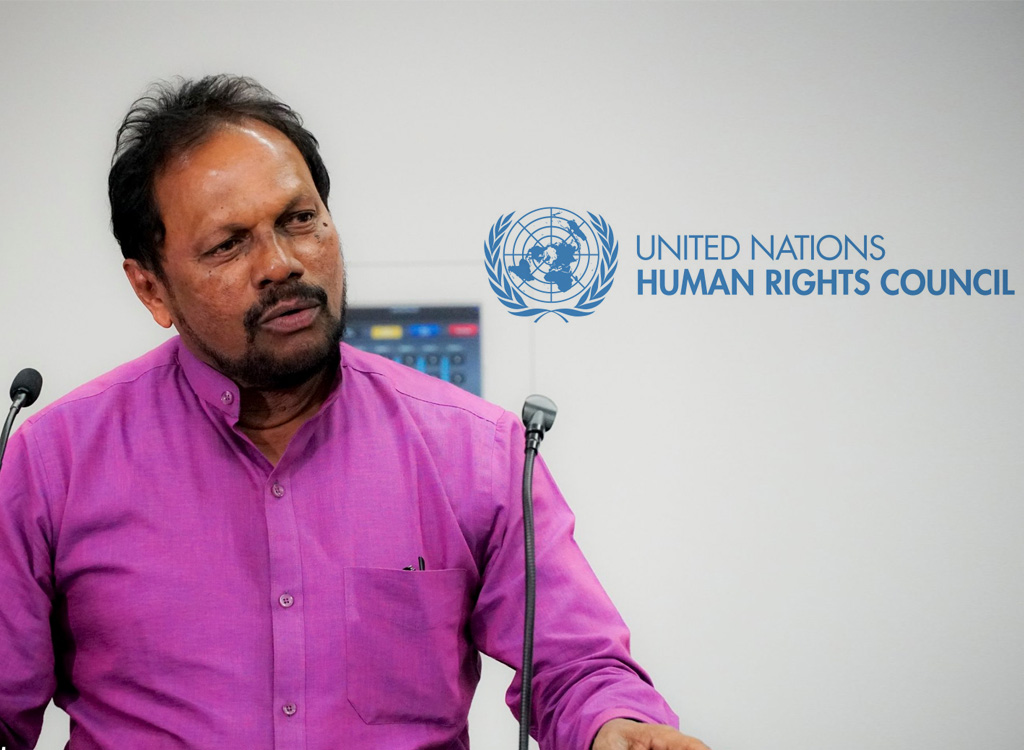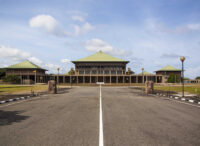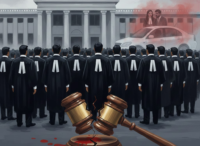Political analyst and senior journalist Mohan Samaranayake says that the Sri Lankan government’s decision to forgo calling for a vote on the latest United Nations Human Rights Council (UNHRC) resolution is a serious diplomatic miscalculation.
The UNHRC passed Resolution A/HRC/60/L.1/Rev.1, entitled “Promoting Reconciliation, Accountability and Human Rights in Sri Lanka”, without a vote during its 60th session, despite Sri Lanka’s formal rejection of the resolution in the 41st meeting.
The resolution, spearheaded by the Sri Lanka Core Group of Canada, Malawi, Montenegro, North Macedonia, and the United Kingdom, and subsequently co‑sponsored by 30 nations, sets out demands for devolved governance, impartial investigations into human rights abuses, safe conditions for civil society, and legislative reforms including repeal or amendment of the Prevention of Terrorism Act (PTA).
Samaranayake argued that by declining to seek a vote, the Sri Lankan government missed an opportunity to force a public reckoning of support and opposition.
He characterised non‑voting as tantamount to tacit endorsement, and compared the government’s stance to that of the 2015 Yahapalana administration which had similarly resisted putting resolutions to a direct vote.
He said that since the end of the war, successive governments have failed to confront what he called “politically motivated, unsubstantiated allegations” with robust counter-evidence.
He pointed to statements by Lord Naseby concerning missing persons figures, which were never meaningfully leveraged to challenge negative narratives in diplomatic forums.
Samaranayake also noted the strategic costs of avoiding a vote.
He pointed out that a formal vote would have revealed which countries stood publicly with Sri Lanka — potentially garnering the visible backing of nations such as Russia, Cuba, China, and Pakistan, which historically oppose country‑specific resolutions.
He argued that a vote would have allowed Sri Lanka to more credibly muster future international support by compelling states to make their positions explicit.
He also observed that while rejecting the resolution outright, the government simultaneously pledged to adopt several of its substantive proposals, establishing a prosecutor’s office and amending or repealing the PTA, which in his view, exposed a contradiction in posture.
In Samaranayake’s assessment, the failure to press the matter in the UNHRC was not simply a tactical misstep but a significant relinquishing of diplomatic leverage.











Leave a comment